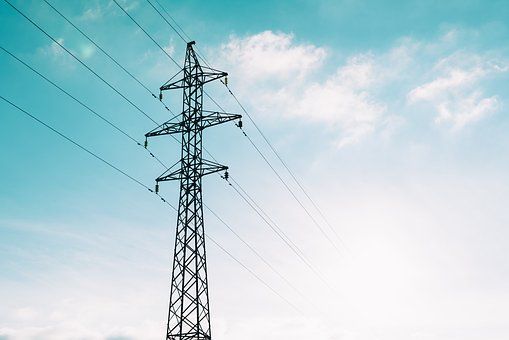
An alert store clerk — and some common sense…
The two combined to help a small business — and you — from falling for the utility scam.
The Federal Trade Commission (FTC) issued an alert Thursday. The alert centers around a story. The story centers around a diligent store clerk.
A customer — actually the owner of a small business near the store — approached the clerk to arrange a transaction. The customer explained that his business just got a call from the utility company. He told the clerk that the caller informed him that his business is behind on its utility payments. The utility company was going to cut the power off right now unless the business owner paid the few thousand dollars he “owes” in unpaid utility bills.
Here’s where the clerk realizes the caller from the “utility company” really isn’t from the utility company.
The customer told the clerk that the utility company caller said in order to prevent shutting off the power immediately, he would have to go to a local store and purchase a cash-reload card or gift card, load it with the unpaid balance, then call back to give the PIN to the “utility company” so it could immediately access the funds on the card.
That’s when the clerk explained to the small business owner what Monica Vaca, the FTC’s Associate Director of Consumer Response & Operations, is about to explain to us…
“No legitimate business – and certainly no legitimate power company – will ever demand that you pay with cash reload cards like MoneyPak, Reloadit or Vanilla Reload. Or insist that you pay with a gift card or by wiring money,” Vaca said in the FTC alert.
The caller was a scammer, posing as a utility company representative. The request for payment with a cash-reload card is a way to launder the cash, preventing it from being traced to the scammer.
Vaca offered these tips to remember when it comes to these payment scam phishing phone calls:
- Caller ID can be faked, so the person on the phone is not always who caller ID says it is.
- Never wire money, put money on a cash reload card or gift card and give the PIN code to anyone who asks you to.
- If someone threatens to cut off your power, get off the phone, look up the real power company number, and check with them before you do anything.
That store clerk was a godsend, but the business owner’s common sense should have prevailed here. If it sounds like a scam, it is a scam.
Copyright 2018 Wise Choices TM. All rights reserved.